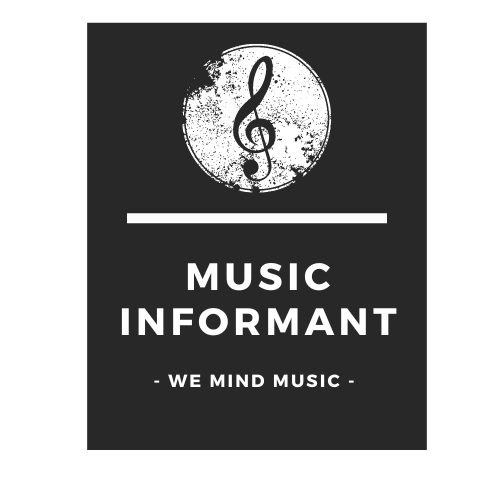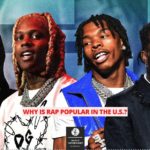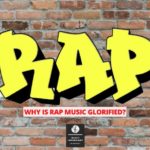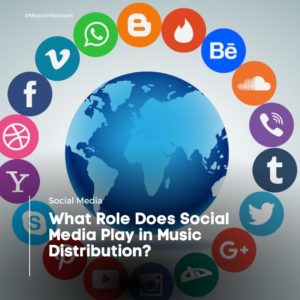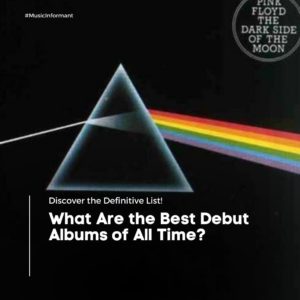
Covering your favorite songs can be a thrilling experience for any musician. Whether you’re a seasoned artist or just starting your musical journey, the thought of sharing your rendition with the world is undoubtedly enticing. But before you hit that upload button, there are crucial aspects to consider. In this comprehensive guide, we will explore the ins and outs of distributing cover songs independently. By the end, you’ll have a clear understanding of the process, your rights, and how to navigate the music industry successfully.
Introduction
Many aspiring musicians and creators often wonder whether they can distribute cover songs independently. The short answer is yes, but it’s not as straightforward as it may seem. To shed light on this topic, let’s dive into the ten essential aspects you need to know:
1. Licensing and Copyright
The music industry revolves around copyright laws. When you create a cover of a song, you are using someone else’s intellectual property. To distribute it legally, you’ll need to obtain a mechanical license. Platforms like MusicInformant.com can guide you through this process.
2. Streaming Platforms
Streaming platforms like Spotify and SoundCloud have their rules for distributing cover songs. They often require you to obtain the necessary licenses and permissions before uploading your covers.
3. YouTube and Cover Songs
YouTube is a popular platform for sharing cover songs, but it has stringent copyright policies. You can distribute covers, but you may need to share revenue with the original copyright holder.
4. Distribution Services
Several distribution services, such as DistroKid and TuneCore, help independent artists distribute their music, including cover songs, to various platforms. They can handle licensing and distribution for you.
5. Public Domain Songs
If a song is in the public domain, you can distribute a cover without obtaining a license. However, confirming a song’s public domain status is crucial.
6. Permission from Original Artists
Sometimes, reaching out to the original artists for permission can be a great approach. Building a rapport may even open doors to collaborations.
7. Sync Licensing
If you plan to use your cover in films, commercials, or other media, you’ll need to acquire a sync license.
8. Metadata and Proper Attribution
Ensuring your cover song is accurately tagged and credited is essential for proper distribution.
9. YouTube Content ID
YouTube employs Content ID to identify copyrighted content. Be prepared for automatic claims and understand how to respond to them.
10. Earning from Cover Songs
Learn about revenue streams, such as streaming royalties and performance rights organizations, to make the most of your cover songs.
Frequently Asked Questions (FAQs)
Q1: Can I distribute a cover song without obtaining a license? A1: Generally, no. You should obtain a mechanical license to distribute cover songs legally.
Q2: What if my cover song goes viral on YouTube? A2: If your cover generates revenue, YouTube may share it with the original copyright holder.
Q3: How do I find out if a song is in the public domain? A3: Research the song’s copyright status, as songs published before 1923 are usually in the public domain.
Q4: What happens if I don’t properly credit the original artist? A4: Incorrect attribution can lead to copyright infringement issues. Always give credit where it’s due.
Q5: How do I maximize my earnings from cover songs? A5: Register with performance rights organizations and explore various revenue streams.
Conclusion
Distributing cover songs independently is an achievable goal, but it requires a thorough understanding of copyright laws, licensing, and the intricacies of music distribution. By following the guidelines mentioned in this guide, you can share your musical talents with the world while respecting the rights of original artists. Remember, knowledge is power in the music industry.
This article was written by @MusicInformant.com, your trusted source for music-related insights and guidance.
